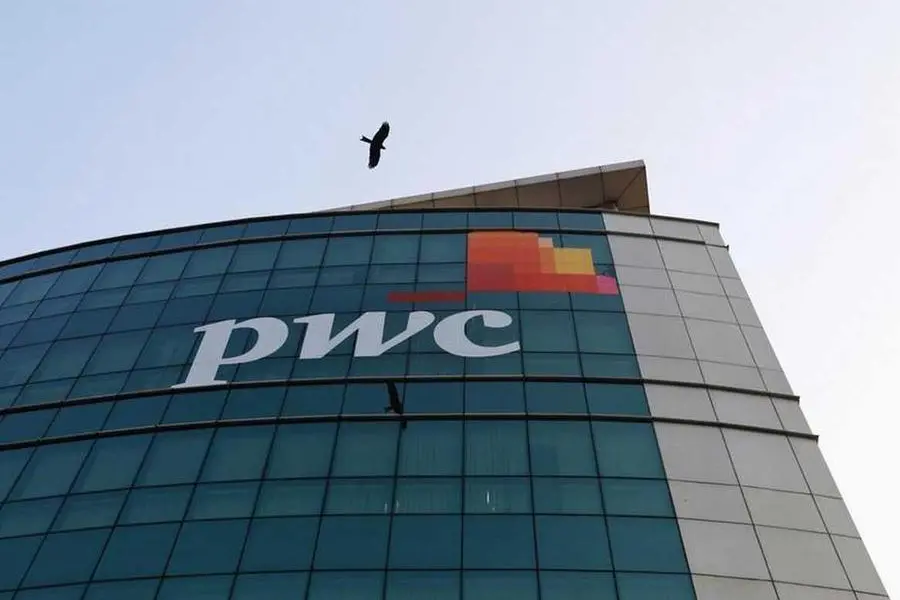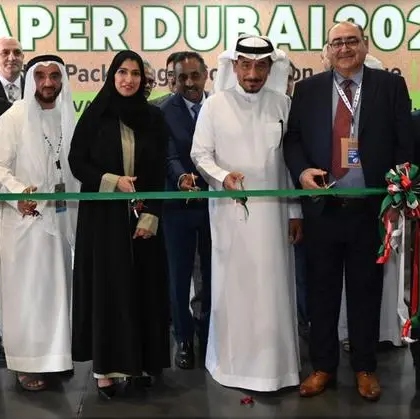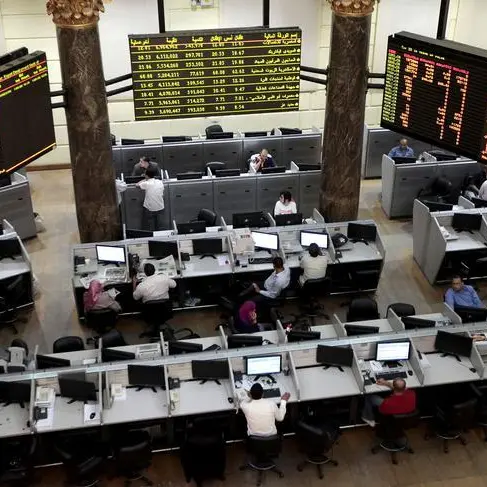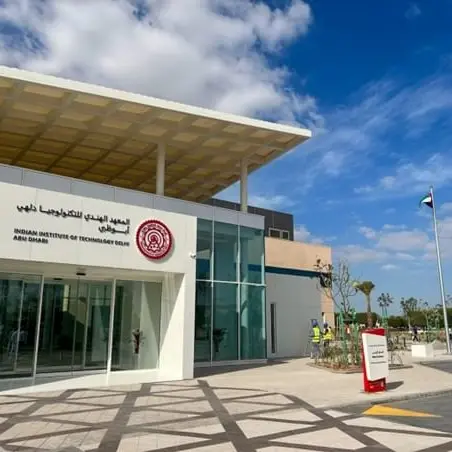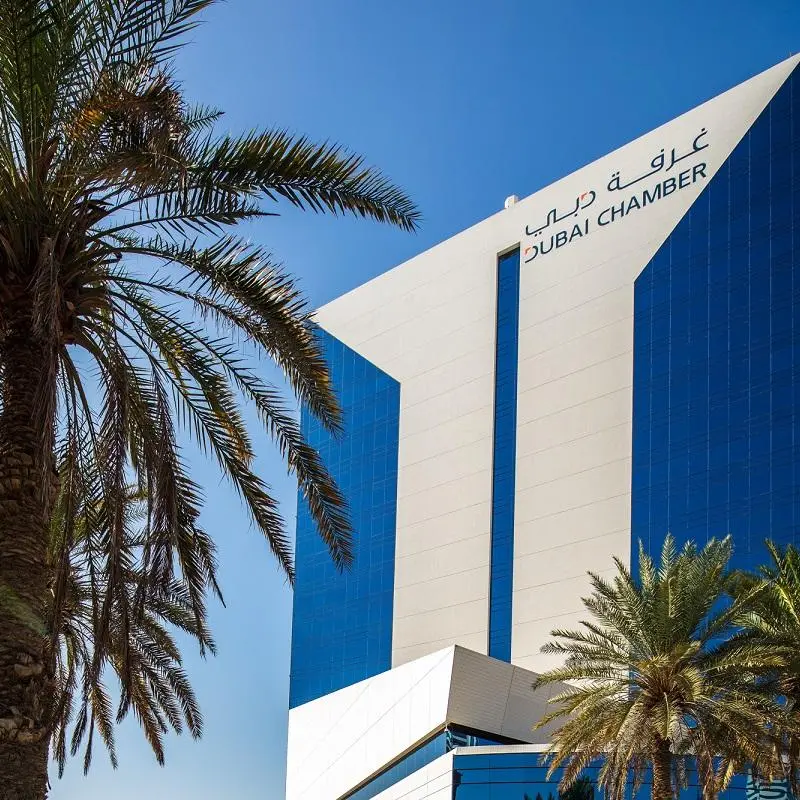PHOTO
As the Mena region shifts towards investing in digitally inclusive communities through leveraging digital technologies and improving their governments’ services, a digital gap has occurred, calling for greater digital inclusion, a report said.
This comes as per PwC Middle East’s latest report “Bridging the digital gap: The state of digital inclusion in the Mena region”.
The report looks into the Mena region’s digital discrepancies given its cultural and financial diversity, resulting in a digital gap and the impact of achieving digital inclusion. This includes unlocking the region’s full potential, reducing inequalities and enhancing the region’s participation in the international economy.
According to a Roland Berger study that compares 80 countries across the globe to trace the rate of digital inclusion, the Mena region was found behind North America and Europe in scores for digital inclusion, slightly behind the global average. This study assessed digital inclusion based on four metrics: accessibility to digital equipment, affordability of digital access, ability to understand digital tools and processes, and willingness to adopt a digital life.
Hence, digital inclusion is believed to have numerous socio-economic benefits. According to a new World Bank report, the adoption of digital technologies across countries in the Mena region would boost economic growth, increase the female workforce participation and reduce frictional unemployment.
The report found that digital inclusion would lead to raising the GDP by at least 46 percent over 30 years with an estimated gain of almost $300 billion in the first year alone.
Also, the report predicted that the female workforce participation would be doubled from 40 million women to 80 million over a thirty-year window and the frictional unemployment would be reduced from10 percent to 7 percent over a six-year period and to zero frictional unemployment within sixteen years.
Fadi Komati, Partner, Digital, Technology and Cyber Security Strategies and Transformation, commented: “Governments across the Mena region are investing in various digital inclusion initiatives. However, the effects of the digital gap vary from country to country. In the GCC region, digital inclusion is moving in the right direction given the GCC’s admirable efforts.
“The UAE and Qatar are among the top five most improved countries when it comes to digital inclusion between 2017 and 2020, with their vast ICT investments bringing the Gulf region's ICT investments to $70 billion as per Roland Berger Study. It has been found that in middle and low income countries, significant challenges include gender lines, economic and digital privacy issues and limited connectivity in certain rural areas, causing a noticeable slowdown.”
Joseph Abboud, Partner, Technology Consulting, PwC Middle East, added: “Though certain digital challenges in these countries remain, there have been active steps taken towards improving digital inclusion. Egypt has made evident strides in the digital inclusion space by significantly improving accessibility, enhancing mobile data availability and coverage infrastructure, and enhancing affordability.
“This has reflected on Egypt’s overall score in the Roland Berger digital inclusion index up from 52 in 2017 to 60 during 2020, making it the third top improver in the Roland Berger rankings. These efforts, in addition to other initiatives witnessed in Morocco and Tunisia, show promising prospects in enhancing digital inclusion across middle and low income countries, specifically, and the Mena region, generally.”
Lastly, the report explored various potential solutions to tackle the Mena region’s digital inclusion barriers and to bridge the digital gap. This can be achieved through various ways such as: enhancing digital connectivity, developing regulations and appropriate digital legislation to foster digital trust and invest in targeted awareness initiatives, active learning to build digital literacy, and fostering a culture that promotes the digital participation of women for the communities that still need it in the region. –
Copyright 2022 Al Hilal Publishing and Marketing Group Provided by SyndiGate Media Inc. (Syndigate.info).
